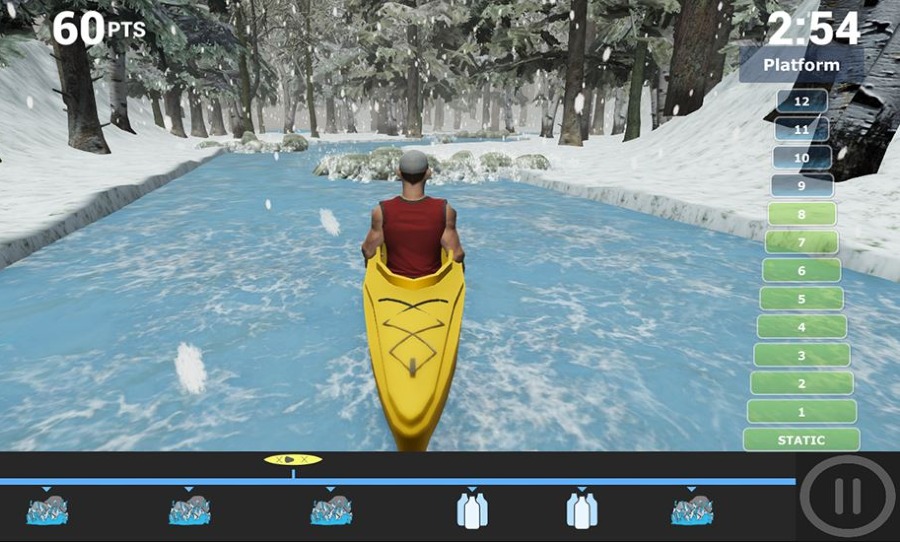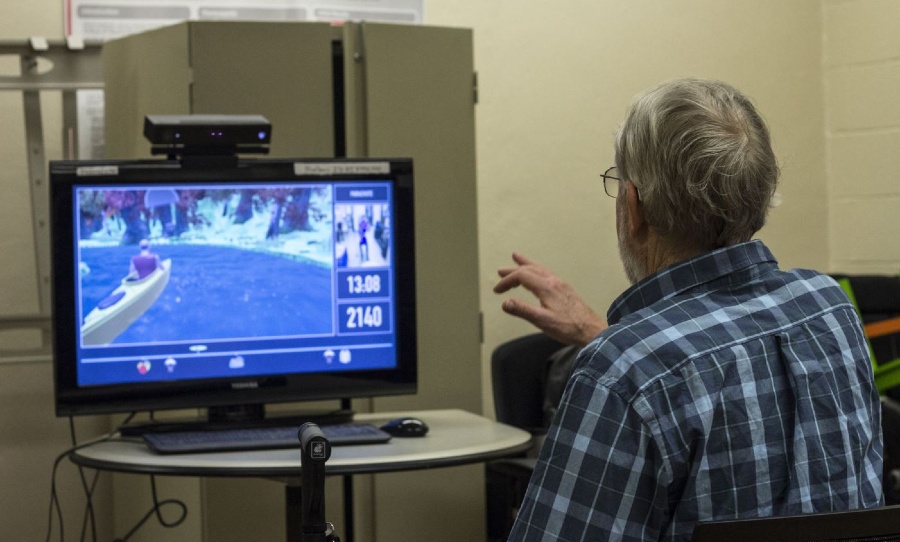Recovery Rapids is a new video game that has been specifically created for patients who have suffered a stroke to aid in rehabilitation efforts.
When someone experiences a stroke, they lose the function of their limbs on one side of their body. The seriousness of the stroke determines how much function is lost.
Stroke patients can do intensive and expensive physical therapy to return the dysfunctional side to a level where the person’s day-to-day activities aren’t too tricky. This is also not available to everyone, especially those living in rural areas.
That’s where the Recovery Rapids video game comes into play. The following goal is not to replace therapy but provide a supporting element to speed up recovery.

Creator of Recovery Rapids and Founder of Games That Move You, Lynne Gauthier, PhD, said in an interview: “the game has been designed for stroke patients.” Gauthier is also an associate professor of Physical Therapy and Kinesiology at the University of Massachusetts Lowell.
The game has patients navigating their way down a river in a kayak dodging obstacles, but the game has been set up innovatively and excitingly.
The game has patients sitting in front of their computers while a Microsoft Kinect camera replicates the patient’s movements in the game. The intelligent thing is that it completely ignores the actions of their functioning side, making patients use the side with lost functionality.
Gauthier said in an interview: “We want to get people to really engage with the weaker side of their body and reinforce that movement to help them translate that movement into their everyday lives,“.
To test the game’s effectiveness, a study of 167 stroke patients was conducted. Patients were broken up into four groups with varying commitments to the game and movement therapies.
After a 3-week testing period, the researchers found that patients who participated in a combination of gaming and physical therapy lessons saw more significant improvements than in the group that followed traditional therapies. Huge!
After six months, most of the patients had retained the physical improvements from the treatment. Though video games are often painted in a bad light, they have an incredible potential for good, and this is an example of that.



